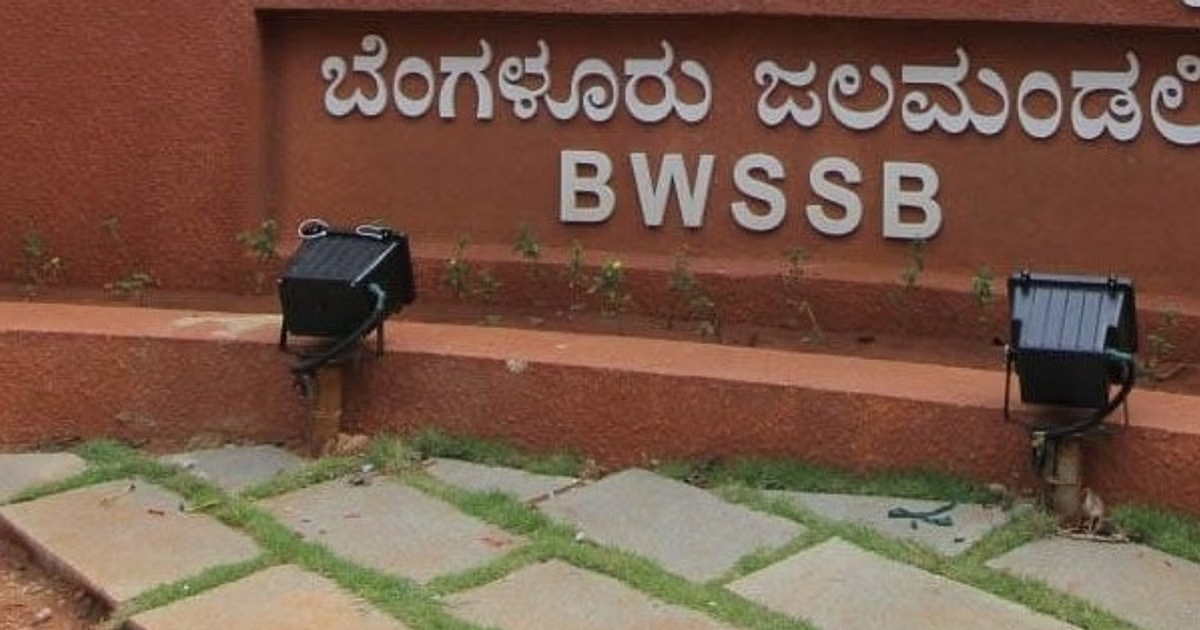Chennai Residents Brace for Power Shutdown Across Key Areas on February 7
In a bid to carry out critical maintenance and infrastructure upgrades, the electricity supply in several areas of Chennai will be disrupted on February 7. The planned shutdown, scheduled from 9 AM to 2 PM, is expected to impact key residential and commercial localities, potentially affecting thousands of residents and businesses. The Tamil Nadu Generation and Distribution Corporation (TANGEDCO) has assured that the power supply will be restored before the scheduled time if maintenance work is completed earlier. However, this announcement has raised concerns among residents, especially shop owners, IT professionals, and those dependent on uninterrupted power for daily operations. With Chennai’s increasing reliance on digital connectivity and home-based businesses, such power cuts create significant disruptions, particularly in IT hubs like Siruseri and Nolambur.
Residents from various parts of the city have voiced their frustrations, citing frequent and prolonged power outages as a growing civic issue. “It is not just about a few hours of no electricity. Power cuts like these affect productivity, especially for professionals working from home,” said Karthik Rajan, a software developer residing in Manapakkam. Businesses operating in affected zones, including retailers, factories, and IT firms, will also face operational disruptions. Unlike metro cities like Mumbai or Delhi, where power disruptions are rare due to advanced grid management, Chennai continues to witness frequent outages, highlighting concerns over the city’s power infrastructure resilience.
The power shutdown also brings to light the broader issue of sustainable energy management in Chennai. With a growing urban population and rising energy demands, the city must shift towards renewable energy solutions like solar power and smart grid technology to minimise disruptions. While Tamil Nadu remains a leader in wind and solar energy production, urban electricity distribution still depends largely on conventional grids, leading to frequent maintenance shutdowns and load-shedding issues. Experts argue that investing in decentralised energy sources and battery storage systems could significantly reduce the need for such large-scale shutdowns in the future.
From an urban governance perspective, such outages raise questions about the city’s preparedness for rapid urbanisation. With expanding residential complexes and commercial hubs in areas like Ayapakkam and Thiruverkadu, power demand is increasing exponentially, yet the infrastructure upgrades remain slow. Compared to Bengaluru or Hyderabad, where smart grid projects are being actively developed, Chennai is still catching up in implementing modern power distribution strategies. While maintenance shutdowns are necessary, a long-term focus on efficiency, alternative energy, and better power management will be crucial for Chennai to meet its future energy demands without recurrent disruptions.


